The Intersection of Ecology and Spirituality: My Path to a Master's
This year, I have embarked on a journey to pursue a Master's in Ecology and Spirituality. As someone who has always been passionate about the environment and the interconnectedness of all things, this course has been a perfect fit for me. I'm excited to share more about what I'm learning and how it can help us all become better stewards of the planet.
At the start of my studies, I delved into the fascinating world of skyscape archaeology. This field involves measuring and calculating the orientations of ancient sacred sites, such as stone circles and megalithic structures, to better understand their astronomical alignments. This has been a natural extension of my long-standing interest in our ancient cultures and their relationship with the natural world. By studying how these cultures perceived the cosmos and incorporated their observations into their cosmologies, we can gain insights into the ways in which humanity has interacted with the environment over time.
For example, many ancient cultures used astronomical observations to track seasonal changes and determine the best times for planting and harvesting crops. This knowledge helped them to live in harmony with the cycles of nature and ensure their survival. By examining the orientations of sacred sites, we can learn more about how these cultures integrated astronomy into their daily lives and what lessons we can draw from their practices today.
But skyscape archaeology is only one aspect of my Master's program. I am looking forward to researching and developing the concept of sacred activism and its role in promoting a more sustainable and just world. Sacred activism is an approach to environmental and social justice that seeks to transform society through spiritual and ethical principles, and is a large part of my own work on path, both within the Spiritual Rewilding online course but also in the work that I do with Sacred Earth Activism.
At its core, sacred activism recognises that our ecological and social challenges are interconnected and require holistic solutions. By addressing the root causes of these problems, rather than just their symptoms, we can create a more resilient and equitable world for all. This approach draws on the wisdom of indigenous cultures and other spiritual traditions that have long recognised the interdependence of all living things and the importance of living in harmony with the natural world.
As I continue on this journey, I am excited to explore how these two fields intersect and how they can be applied to real-world issues. This Masters in Ecology and Spirituality will not only deepen my own personal knowledge and understanding of the intersection of ecology and spirituality, but it will also greatly enrich the Spiritual Rewilding course that I share on the online course platform.
As I progress through the program, I will be adding new sections and perspectives to the course, incorporating the latest research and findings from the field. This will ensure that the course remains current, relevant, and effective in helping individuals to reawaken their connection with the natural world and deepen their spiritual journey. I am excited to continue to share my journey with you and to offer new insights and practices to support your own spiritual rewilding journey.


